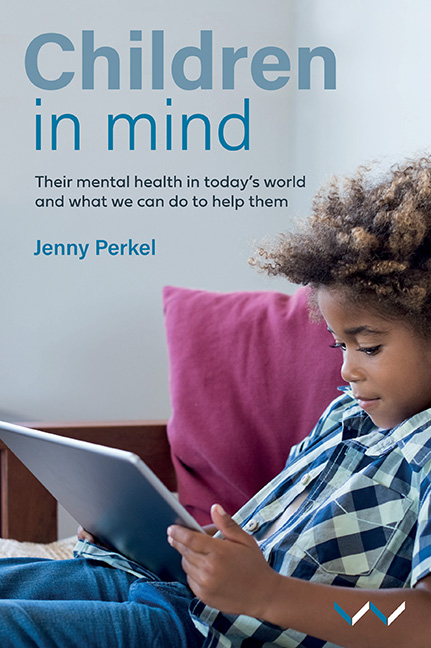Summary
Growing up in non-traditional homes is the new normal. Child therapists can no longer argue that children are better served by living in a nuclear family unit with a biological cisgender mother, a cisgender father and a sibling or two. As newer and more advanced forms of assisted reproductive techniques come into existence, children are now given life when it would have been impossible before. Adopted children of different races, children from surrogates and donor eggs and sperm (with or without co-parents), single-parent families and same-sex-parent families are all celebrated as a wonderfully diverse aspect of the world today. The twenty-first century is proudly diversified and profoundly complex. Child psychology has, to some extent, embraced this with flexibility and adaptability. Rather than viewing anything that diverges from the old norm as being pathological, most clinicians try to view the world through the child's eyes and the eyes of her caregivers too.
In my literature search for this chapter, I discovered an important emerging theme that corresponds to what I have noticed in my own clinical practice. Those modern family contexts that previously – or even today in some circles – might have been considered to have a negative impact on children do not in themselves cause harm to children. Rather, the underlying and sometimes hidden factor, and the link to childhood and later psychopathology, could be the associated early trauma for the child. I aim to weave the thread of this important finding into the following discussion about some of the different forms of non-traditional families today.
The loss of a parent – or being permanently separated from a parent – at a young age is traumatic for children. It can be associated with psychopathology that sometimes persists into adulthood. Research also shows that newborns recognise their own mothers and are emotionally distressed when separated from them. Post-natal emotional support for mothers can have a positive effect on the mother–infant relationship and the quality of attachment, with associated better outcomes for physical health, lowered rates of failure to thrive in infancy and early childhood, fewer chronic and recurrent health problems, and better health and lifestyle practices in adulthood.
- Type
- Chapter
- Information
- Children in MindTheir Mental Health in Today's World and What We Can Do to Help Them, pp. 139 - 153Publisher: Wits University PressPrint publication year: 2022



